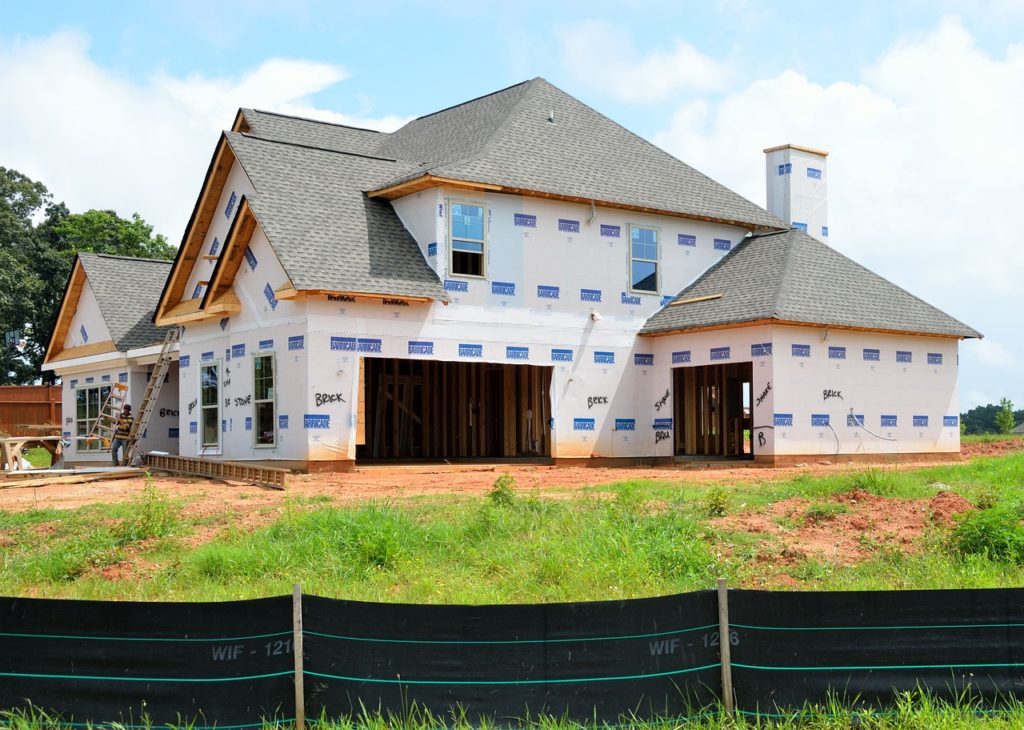It’s not as simple as just walking up to a lender and asking for a mortgage when you want to buy a property. Unless you are applying for a loan through the VA or the USDA, you will need cash for a down payment as well as the closing expenses associated with the loan.
When applying for a traditional loan, you will often (but not always) be required to make a down payment equal to twenty percent of the total loan amount. This, however, is not always the case.
In the United States, the price of a home that sells at the median level is currently $240,000. Given that price, the down payment alone will require you to come up with anything from $8,400 to $48,000 (depending on the lending arrangement).
Then there is the matter of the expenditures associated with the closing. Although they might range anywhere from 2% to 5% of the total loan amount, on average they are in that range.
If you do not already have a large sum of money lying around, you will need to start saving, which requires significant preparation on your part. Your financial plan should be carefully crafted and thoroughly thought out.
The Budget
It’s essential to get your budget in writing, whether using a spreadsheet, paper, pencil, or personal finance software. Financial guru Dave Ramsey recommends the free budgeting software at everydollar.com or try Microsoft Money Plus Sunset Deluxe
The most basic of budgets include your income and your outgo. Income should include all money from all sources.
Outgo includes not only your fixed expenses, such as rent or mortgage payments and installment loan payments but variable expenses (utilities, telephone, etc.) and every single penny you spend on a daily basis.

Some spend that are frequently overlooked by budgeters includes:
- Money is given to charity
- Dining out (yes, even that bagel and coffee you stop for each morning)
- Transportation expenses (fuel, insurance, tolls, and parking)
- Auto maintenance
- Pets (food, accessories, vet visits)
Keep a small notebook on you while you’re away from home to quickly jot down the small purchases we make every day. These may include items such as coffee and bus fare.
Give it a Trial Run
Try out the new budget for a month or two and make any required adjustments when you’ve seen how it works out in practice.
The categories in which you spend your money on a weekly basis will be outlined in your budget. More importantly, it will highlight areas in which you may make reductions, such as wasteful expenditures that you can instead put toward the purchase of a house.
By the way, instead of using a debit card, you can get yourself set up with an internet savings account where you may put your money for the property. Because these accounts are more difficult to access than those at a traditional bank due to the absence of debit cards, you will be less tempted to steal money from the account.
Choose a fee-free account such as those offered by:
When it comes to purchasing a home with the least amount of cash out of pocket, today’s purchaser has a number of options to choose from. Choose one of the plans that require a minimal down payment and make sure that your real estate agent requests that the seller offer a credit against your closing costs.
Your overall monetary outlay will decrease significantly as a result of these two factors, and the time it will take you to move into your new house will be reduced.

